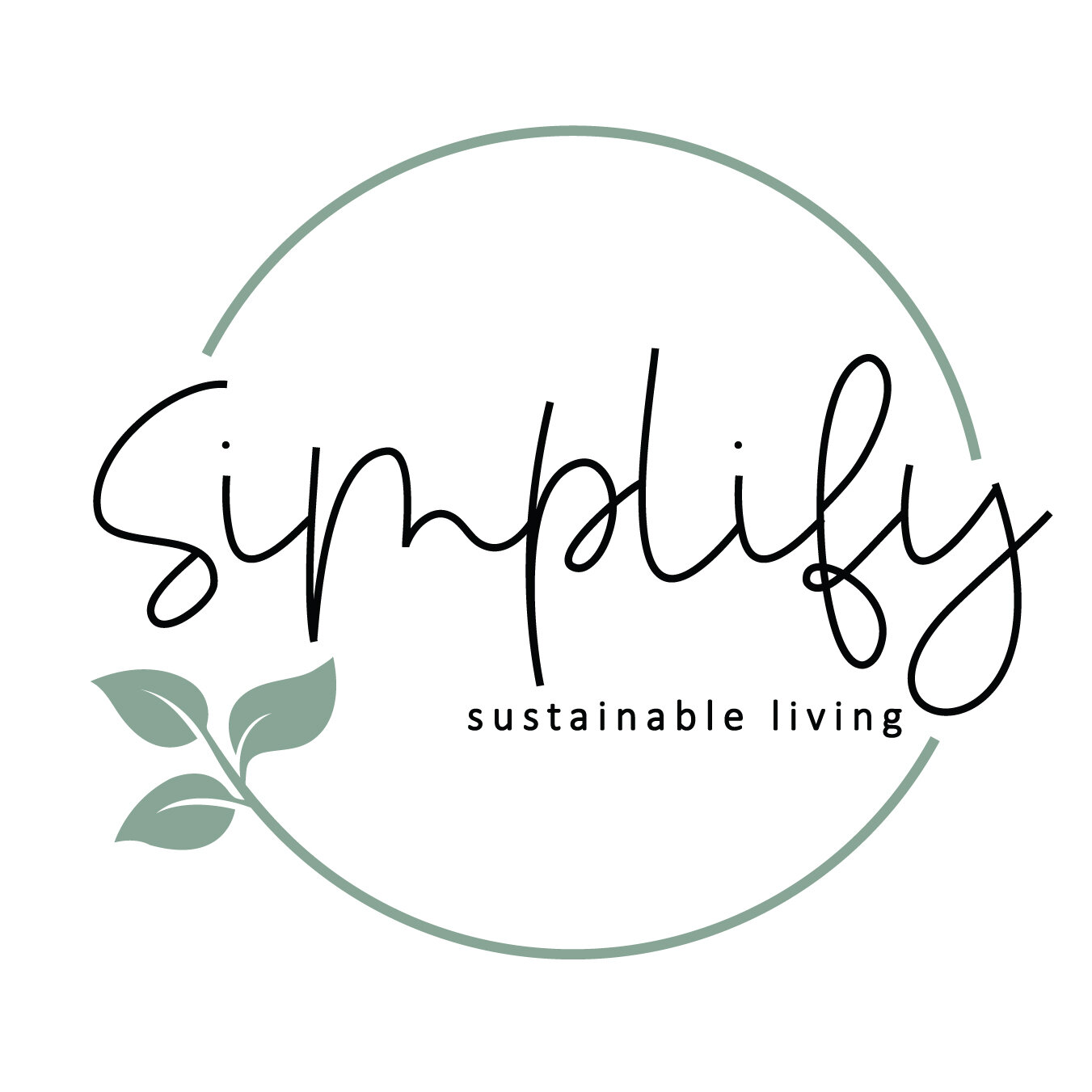Long Lost Life Skills - A Lament
Grandma could do anything. From knitting a pair of mittens to hemming some pants or even pickling a garden’s worth of vegetables - grandma had it covered! She, and others in her generation, could take care of themselves in ways that many of us have never had to.
For most of history, people had to make do with what they had. You couldn’t just run to the department store when you got a hole in your pants. Grocery stores weren’t on every corner and buying a loaf of bread was a luxury most couldn’t afford. People knew how to patch a hole and bake a loaf of bread. They saved money, avoided waste, and built a community around these necessary life skills. Skills that many of us never had to learn.
With the dawn of convenience and means, purchasing often seems easier than putting the work into saving and preserving. As our grandparents age they may not be able to do all the preserving, baking, and cooking they used to so it's time for us to call them up and start to learn.
What they practiced out of necessity (and many people still do), we can learn and use in our own lives to live more sustainably and save our hard earned pennies. A quiet Thanksgiving is the perfect time to learn some of these (not so long) lost life skills.
Sewing and Mending
How many of us can sit down and sew a new outfit? I don’t think you’d be shocked to hear that many of us can’t even mend the garments we have. This used to be a necessary life skill. When you don’t have money or fabric to spare, you make, mend, and modify what you have.
The lost art of sewing and mending is quite a tragedy for the planet. Fast fashion creates astronomical amounts of waste. Much of what we buy ends up in landfills instead of in our closets. By learning to mend what we have we can save money and the environment. Time to pick up that needle and thread, and call grandma to ask her where to get started.
My most recent sewing project was to finally hem our bedroom drapes. They’d been up for 5+ years just tucked up and safety pinned to keep from dragging on the ground. It wasn’t perfect but it was a good start!
Knitting and Crocheting
We live in Canada. And it gets cold here. Many of our ancestors had to live and work in the cold – and so they knew how to knit and crochet sturdy, warm clothes.
It still gets cold here, but now we run out to the store to buy a new hat or pair of mittens - which are often made of acrylic and other fibers that don’t hold up to colder temperatures. Instead of buying from a retailer this year sit down with a YouTube video and some yarn and learn how to make your own! It’s great for people who love working with their hands, and when you’re done you have something useful. As a bonus, hand-crocheted baby hats make an excellent gift!
Knitting and crochet might not be for everyone but most people have a friend who knows how or there’s always the farmer’s market. See if you can barter some homemade goodies or a homemade project that’s more your speed.
Canning, Pickling, and Jamming
Many young people don’t even know how to cook, let alone can. But this skill prevents packaging waste and you save so much money in the long run. Canning and pickling your own food also means you control the ingredients – so you control the taste and the preservatives your family eats.
Now that growing season is nearly at its end, you may find you have a surplus of fruit or vegetables. Pickling, canning, and preserves are the perfect way to avoid food waste, make delicious snacks, save some money on groceries this winter. AND they make great gifts for Christmas, weddings, house warmings, you name it!
Playing an Instrument
Playing an instrument is something else that fewer people know how to do now, which I find to be a tremendous loss. This may have little to do with sustainability but it has a lot to do with community building, which I think is just as important. Playing music, or just listening to it, helps build connections and creates a sense of belonging.
No matter your age, I encourage you to head out and pick up an instrument.
A sustainable future is one where we make what we have last, we reduce our waste, and we work together as a community to achieve larger environmental goals. This is why, while we may no longer need these life skills to survive, they are still incredibly valuable. They remind us of what’s important and while they may take some time, they are a great opportunity to reconnect with our loved ones and take a mindfulness break while we enjoy the (sometimes literal) fruits of our labour. So I encourage you to pick a skill, stay in this long weekend, and get learning.
What are some other uncommon skills you think we should bring back for a more sustainable future?
